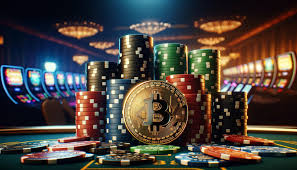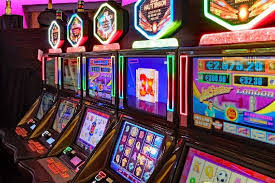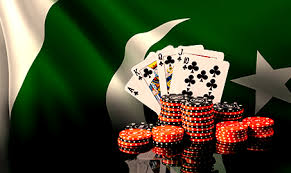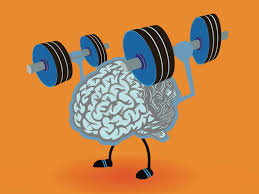
The world of online gaming has evolved rapidly, with social gaming and real-money gambling emerging as popular forms of entertainment. Social gaming—think free-to-play games where users can interact, earn points, and climb leaderboards—has introduced millions to the thrill of gaming without financial risk. However, an interesting trend is emerging: social gaming is increasingly acting as a gateway to real-money gambling, and this transition is bridging the gap between the two worlds.
Let’s explore how social gaming is paving the way to real-money gambling, along with the benefits and concerns around this evolution.
1. Familiarity with Casino Games in a Risk-Free Setting
Social gaming often features games like slots, poker, blackjack, and bingo, which are similar to those found in real-money casinos. Players get to try these games in a no-risk environment, learning the rules, strategies, and mechanics without spending real money. This exposure allows players to build confidence and comfort with casino-style games, making the potential leap to real-money gaming feel less intimidating.
2. Rewards and Incentives that Mirror Real Casinos
Many social gaming apps offer rewards similar to those in real-money casinos. Virtual coins, bonus rounds, daily spins, and leaderboard rankings mirror the thrill of real-money casino rewards. For players, these incentives create an environment that feels like a real casino, fostering excitement and engagement. As players progress and feel accomplished within the social gaming app, they may be more likely to consider trying real-money gambling to see if they can achieve similar success.
3. Transition Tools and Ads on Social Gaming Platforms
Some social gaming platforms partner with real-money casinos, showing ads or promotions that encourage players to try their luck on real-money sites. For instance, players might earn a reward for registering with a real-money gambling site or be offered bonus coins to try certain games. These ads subtly introduce the idea of real-money gambling, making the transition feel natural rather than forced.
4. Development of Skills and Strategies
Social gaming allows players to hone their skills and test strategies on various games. A player who spends time learning poker techniques or mastering slot strategies in a social game can feel more confident when switching to real-money gambling. The familiarity with these skills reduces uncertainty, which can be a major factor in deciding to gamble with real money.
5. A Sense of Community and Friendly Competition
Social games build strong communities where players can engage with friends, chat, and even join teams. This social aspect of gaming gives it an engaging, supportive environment. When friends make the switch to real-money gambling, they may encourage others to join. This social connection can drive curiosity, helping to bridge the gap between social gaming and real-money gambling.
Concerns and Responsible Gaming
While social gaming offers a smooth introduction to casino-style games, there are concerns about encouraging real-money gambling, especially among younger or more vulnerable audiences. The transition from risk-free to real-money gaming must be approached with caution, as not every player is ready to manage the financial stakes of real gambling.
Final Thoughts
Social gaming has evolved beyond simple entertainment, introducing players to the thrill of casino games without immediate financial risk. With features that mimic real-money casinos, social games provide a bridge, helping players build confidence, skill, and familiarity. However, it’s crucial to promote responsible gaming practices, ensuring that players understand the risks associated with real-money gambling.
For many, social gaming will remain a fun pastime. For others, it may be the stepping stone to real-money gambling. By understanding the benefits and challenges, players can make informed choices about their gaming journeys.
Join the Excitement! Sign Up for Exclusive Casino Bonuses!



